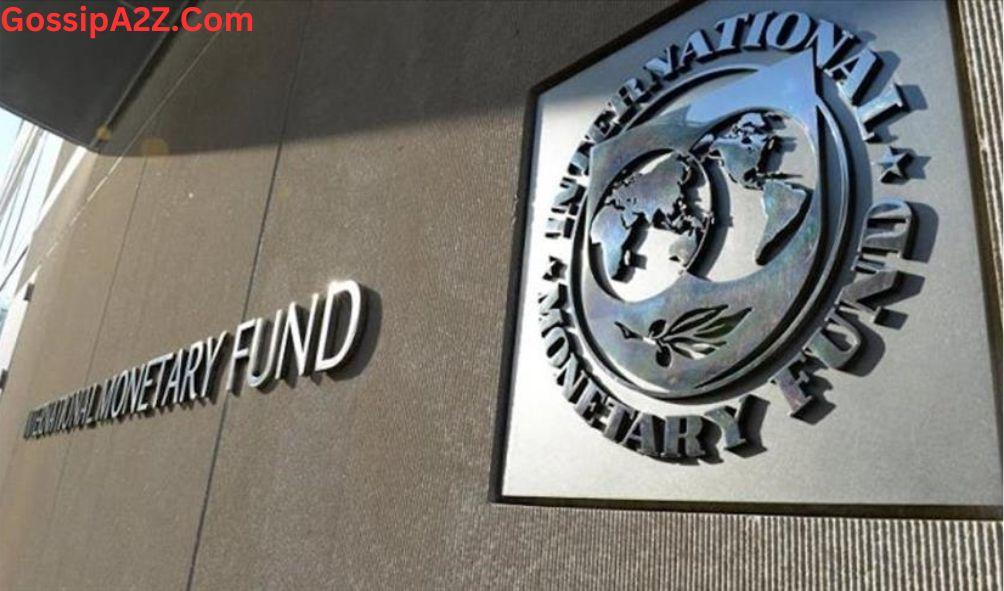Revealed: Billions Kenya Will Receive From IMF Amid Budget Slashes and Finance Bill Withdrawal
Kenya is set to receive Ksh181.3 billion in funds from the International Monetary Fund (IMF) this financial year, as confirmed by Central Bank of Kenya Governor Dr. Kamau.
This financial support arrives amidst the country’s struggle with the economic impact of recent violent protests and a Finance Bill that was rejected.
During a press briefing on Tuesday, the Governor disclosed that Kenya anticipates receiving $1.4 billion (approximately Ksh181.3 billion) from the IMF, in addition to another $600 million (around Ksh77.7 billion) from a recent review.
“We have approximately $1.4 billion in IMF disbursements due between now and the end of the financial year,” Thugge noted, “We hope a board meeting will be scheduled soon to facilitate these disbursements.”
Treasury Principal Secretary Chris Kiptoo previously outlined the government’s intention to seek additional financing from the IMF and other sources.
“We are starting discussions on a new program, potentially with the IMF and others,” Kiptoo informed lawmakers, highlighting ongoing negotiations with the World Bank for new development policy funding.
Thugge indicated that the government aims to raise over Ksh770 billion this financial year, with a significant portion, Ksh430 billion, sourced from the domestic market.
The economic pressure has increased following the withdrawal of the Finance Bill 2024 after public backlash. President Ruto acknowledged the need for additional borrowing to sustain government functions.
ALSO READ:
- Inside Job Exposed: Kenyan Prison Wardens Convicted for Orchestrating Daring Terrorist Escape
- Uganda Pulls the Plug: Nationwide Internet Blackout Ordered Days Before Crucial General Election
- African Elections Under the Spotlight as Zambia Turns to Kenya Ahead of 2026 Vote
- “Two Drug Barons in Cabinet?” Kenya Government Fires Back as Ex-Deputy President Sparks Explosive Drug Claims
- Kenyan Court Freezes Use of Private Lawyers by Government, Sparks Nationwide Legal Storm
“Kenya is effectively back two years, necessitating at least Ksh1.2 trillion in borrowing this year,” Ruto said, pointing out that Ksh169 billion is urgently needed to address budget deficits.
The IMF’s loan conditions include tax hikes, subsidy cuts, and reductions in government waste, designed to enhance revenue while controlling expenditure.
These measures began last year, with Ruto focusing on the IMF program.
Kenya’s debt issues led the IMF to approve $941 million for the country in January, raising the total loan amount to $3.9 billion.
However, interest payments on Kenya’s debt account for nearly 38% of annual revenues, according to the World Bank.
Despite these challenges, Kenya remains optimistic about closing financing gaps through global bond markets.
During the seventh review, IMF funding to Kenya under the Extended Fund Facility (EFF) and Extended Credit Facility (ECF) was reduced by $288 million to $3.60 billion.
This adjustment followed Kenya’s partial repayment of a $2 billion Eurobond in February 2024.
Treasury Principal Secretary Chris Kiptoo explained, “We had requested exceptional access, which the IMF granted.
Given that the country can now access the international market more easily, there is no longer a need to maintain the enhanced IMF allocation initially meant for the $2 billion Eurobond.”
ALSO READ: Kenya Taps German Firm for New Currency Printing – CBK Governor
Kenya’s fiscal situation remains challenging. The withdrawal of the Finance Bill 2024, intended to generate Ksh346 billion ($2.68 billion) or 3% of GDP in extra revenue, has created a substantial deficit.
To address this, Ruto signed the Supplementary Appropriations Bill into law, which includes Ksh145.7 billion in budget reductions.
The IMF’s role has been crucial in maintaining Kenya’s economic stability. Despite the stringent conditions, these measures are deemed necessary to restore fiscal discipline.
Governor Thugge and PS Kiptoo are actively engaging with development partners to secure additional external financing.
“What we are doing is engaging with both bilateral and multilateral development partners to obtain further external financing,” Thugge stated.
The Kenyan government’s approach includes leveraging global bond markets, reflecting its confidence in managing debt sustainably.
This strategy has been partially validated by the successful Eurobond issuance earlier this year.
Revealed: Billions Kenya Will Receive From IMF Amid Budget Slashes and Finance Bill Withdrawal
